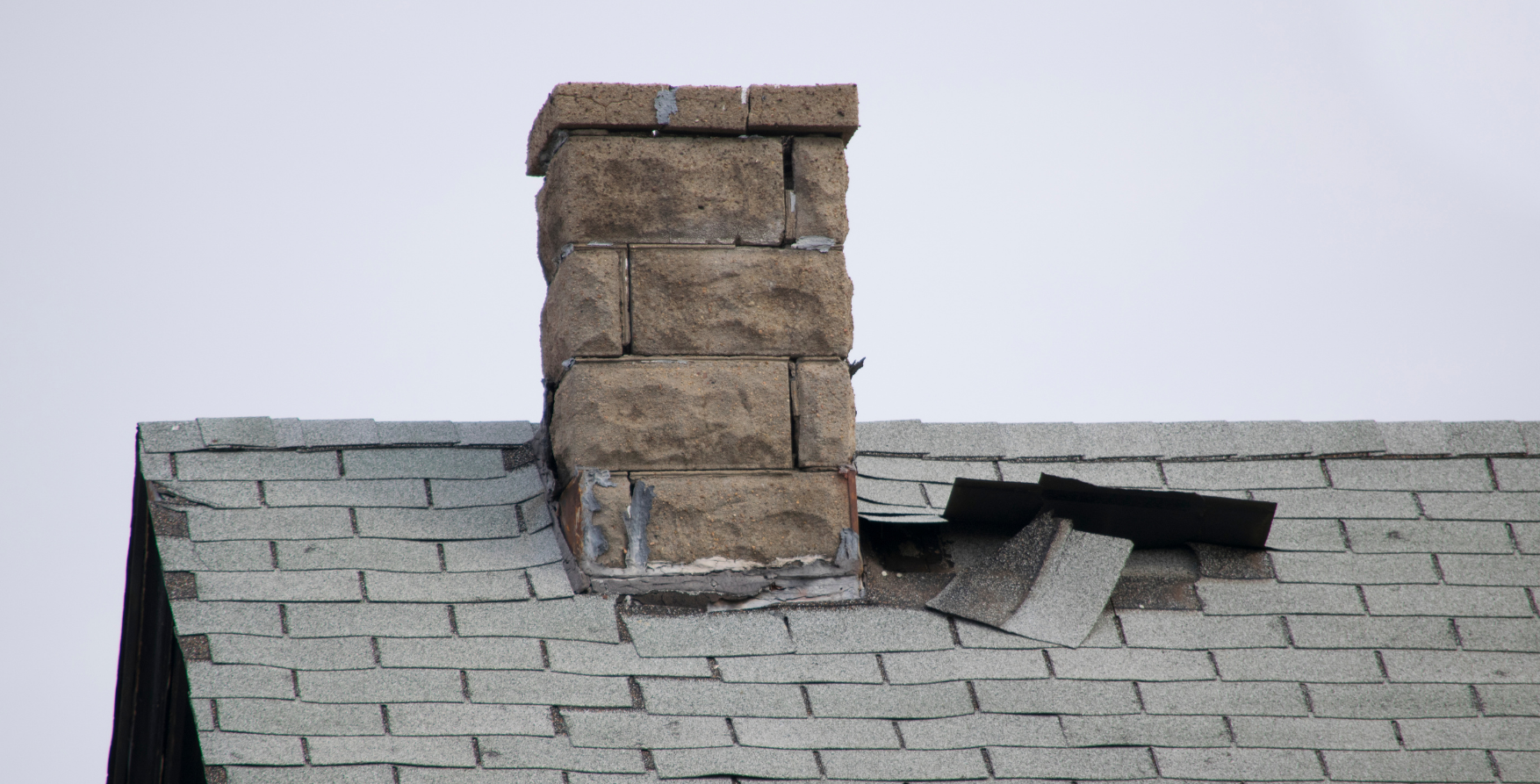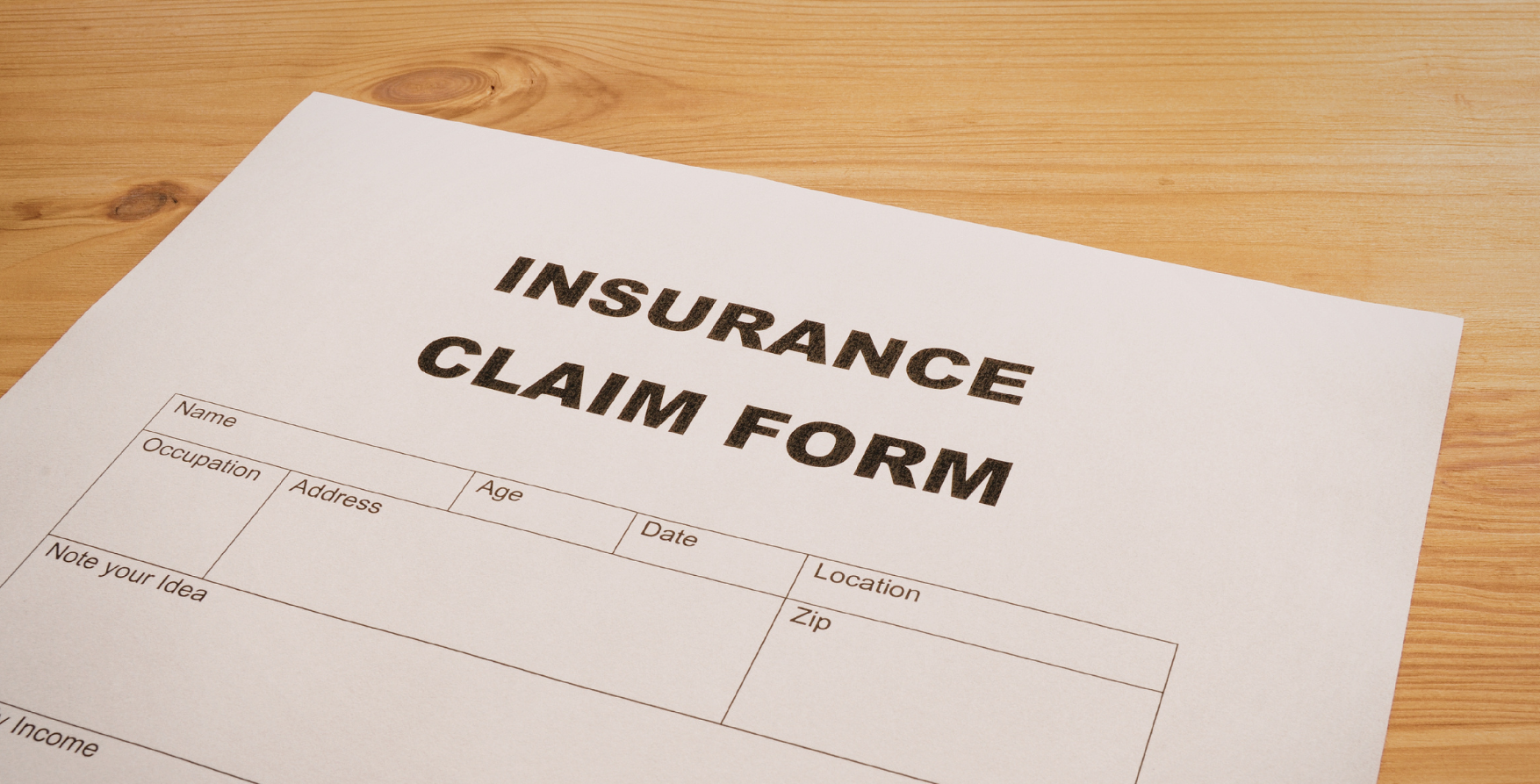Will Insurance Pay For A New Roof?
Damaged residential roof showing storm impact
Your roof is your home’s first line of defense against storms, strong winds, and heavy rains. So, when it’s damaged, one of the first questions homeowners ask is: “Will my insurance pay for a new roof?”
The short answer is yes, but it depends on the type of damage and your insurance policy. Knowing what’s covered by your policy (and what’s not) can save you a lot of stress and time when filing a claim.
Let’s walk you through the main things you need to know about insurance and roof replacements in the DMV.
Will Your Insurance Company Pay For A New Roof?
Roof insurance coverage payment
In most cases, homeowners insurance covers a roof replacement if the damage was caused by a sudden event, like a storm. Here in the DMV, that could mean:
Strong winds ripping shingles off during summer thunderstorms
Hailstorms denting or cracking asphalt shingles
A tree or large branch falling during a storm
If your roof damage comes from one of these events, there’s a good chance your insurance will step in to cover all or most of the cost. But here’s the catch: it all comes down to the inspection report from your insurance adjuster. They’re the ones who decide if your roof qualifies for a replacement.
How Your Policy Impacts What’s Covered
Not all insurance policies work the same. The amount you get depends on whether your policy is Actual Cash Value (ACV) or Replacement Cost Value (RCV). Here’s what this means…
Actual Cash Value (ACV)
An ACV policy pays you the current, depreciated value of your roof. Basically, they look at how old your roof is and what it’s worth today, not what it costs to replace it.
For example, if your 15-year-old roof is damaged, the payout might not be enough for a full replacement. You’ll need to cover the rest out of your pocket. This often forces homeowners to settle for cheaper labor or materials, which can lead to a shorter lifespan for their new roof.
Replacement Cost Value (RCV)
An RCV policy pays what it costs to replace your roof with a brand-new version of itself. It works differently from ACV. For this type of policy, the insurance company first sends you a check for the depreciated value.
Once the work is done and you show proof of completion, they’ll release the rest of the funds. This usually covers most of the replacement cost, though sometimes there are still gaps you’ll need to pay.
One thing to note: insurance only covers restoring your roof to its previous condition. So, if you want an upgrade; for example, switching from 3-tab shingles to architectural shingles, you’ll need to pay the difference yourself.
Do You Still Have to Pay a Deductible?
Yes. No matter what type of policy you have, you must pay your deductible when your claim is approved.
Some shady roofing companies will claim they can “waive” your deductible. This is illegal and considered insurance fraud. Unfortunately, it’s the homeowner who would get in trouble if caught, not the roofer.
Bottom line: paying your deductible is not optional. It’s part of the insurance process.
Roof insurance form
What If the Insurance Payout Isn’t Enough?
It’s not uncommon for insurance companies to come back with a lower estimate than your roofing contractor. This happens because insurance adjusters may leave out labor costs, have an outdated materials price list, or miss certain line items. If this happens, you have a few options. You can choose to:
Supplement your claim: You (as the policyholder) can go back to your insurance company with documents to support why you need additional items covered or increased coverage. Most reputable DMV roofers can help you with the paperwork and wording, but insurers often respond better to homeowners directly. So you can work with your roofer to get the info and evidence you need.
Pay the difference out of pocket: This isn't really the best option, but even if insurance doesn’t cover your roof repair or replacement at 100%, you’ll still get a significant portion paid for. You'll then have to cover the rest yourself.
Get a loan for the difference: Many roofing companies in the DMV offer financing plans that let you pay the remaining cost in monthly installments, similar to a car loan. For example, Da’ Roofers partners with Enhancify to help DMV homeowners cover their fix and pay over time. It's a brief process with quick pre-qualification, flexible plans, and fast approval.
Remember, no matter which option you choose, you’ll always be responsible for your deductible.
How DMV Homeowners Can Be Prepared
Gom and buildings in the DMV region
Dealing with roof damage is stressful, but you can make the process smoother for yourself by:
Reviewing your policy before you need it (know whether it’s ACV or RCV).
Keeping records of your roof’s age, maintenance, and past repairs.
Calling a local roofing company for an inspection before your adjuster visit. A roofer can often spot damage that insurance might otherwise overlook.
Doing these things will prepare you for anything.
FAQs
Does homeowners insurance cover roof leaks?
Yes, but only if the leak was caused by a supernatural event (like wind or hail). Normal wear and tear or old age is not covered. So if your roof’s age is at the end of its life cycle, it's unlikely that insurance companies will pay for the repairs.
Will insurance cover a 20-year-old roof with storm damage?
This depends on your policy. With ACV coverage, you’ll get only the depreciated value, which may not be much for an older roof. With RCV, you’ll get more, but insurance companies may push back harder on roofs that are older and at the end of their life cycle.
How long does the roof insurance claim process take?
Most claims take between 2–6 weeks to be approved, depending on how quickly inspections and paperwork are completed. Major storms may cause delays due to dealing with a high number of claims at once.
Can I choose my own roofing contractor for insurance repairs?
Yes, you’re not required to use the contractor your insurance suggests. In fact, hiring a trusted local roofer around you is often the best move to ensure quality work.
What if my insurance denies my claim?
You can appeal the decision, request a second inspection, or hire a public adjuster. Also, bringing in an experienced roofer to provide documentation can help get your claim approved.





